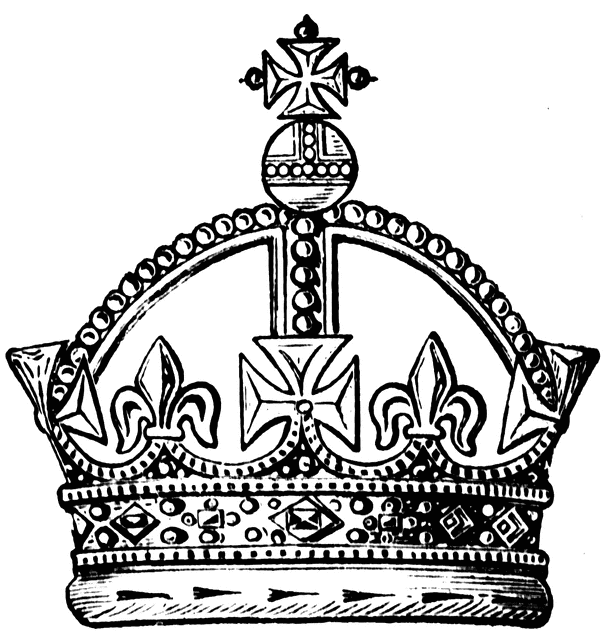Am I the only one to be a bit mystified by all this talk of the "new deadly sins"?
As reported (yes, you guessed it, by
The Times--but they are not alone in commiting this--at least venial--sin of poor reporting) Bishop Gianfranco Girotti of the Apostolic Penitentiary has said:
You offend God not only by stealing, blaspheming or coveting your neighbour’s wife, but also by ruining the environment, carrying out morally debatable scientific experiments, or allowing genetic manipulations which alter DNA or compromise embryos.
As The Times reports it, he also included "taking or dealing in drugs, and social injustice which caused poverty or “the excessive accumulation of wealth by a few”" among the "new" sins.
Fair enough, but these sins are not "new", except in the sense that they are new ways of committing age old mortal sins not known to previous generations. Nor are they, strictly speaking, an addition to the classical list of the "seven deadly sins". These are "mortal sins", that is, sins that are objectively grave.
The "seven deadly sins" are listed in the back of the
Compendium of the Catechism of the Catholic Church, in which they are, more exactly, called the "Seven CAPITAL sins". They are the attitudes from which all other sins spring. As listed, they are:
1. Pride
2. Covetousness
3. Lust
4. Anger
5. Gluttony
6. Envy
7. Sloth
These are opposed to the seven classical virtues, which are themselves divided into two lists of theological and cardinal virtues:
The three theological virtues:
1. Faith
2. Hope
3. Charity
The four cardinal virtues:
1. Prudence
2. Justice
3. Fortitude
4. Temperance
Peter Kreeft does a very good job of analysing the relationship between the two lists
in his book "Back to Virtue", which I highly recommend.
My point is this. Whether a sin is mortal or not depends on the degree to which they violate the 10 Commandments. The "Seven Capital Sins" and the "Seven Virtues" tells you what virtues are lacking or what sinful attitudes are present that lead to these mortal sins.
Looking at the reported "new" sins, I would relate them as follows:
Ruining the environment: Capital sins: Pride, covetousness, gluttony--and probably sloth. Virtues lacking: Prudence, temperance, and probably justice and charity too...
Carrying out morally debatable scientific experiments: Capital sins: Pride. Virtues lacking: Temperance and prudence, and probaby charity and justice too.
Allowing genetic manipulations which alter DNA or compromise embryos: Same as for morally debatable experiments, but certainly with the addition of lack of charity and justice.
Taking drugs: Capital sins: gluttony and sloth (if you think about it), and probably covetousness for a better experience of life than the real world gives. Virtues lacking: Temperance, prudence, fortitude, and most certainly hope.
Dealing in Drugs: Capital sins: Gluttony and covetousness (as in greed for wealth). Virtues lacking: Charity and justice.
Social injustice which caused poverty: Capital sins: Pride, covetousness, gluttony. Virtues lacking: Justice, charity, temperance.
The excessive accumulation of wealth by a few: as for social injustice.
You see? Nothing new under the sun, as the preacher saith.


.jpg)










.JPG)







